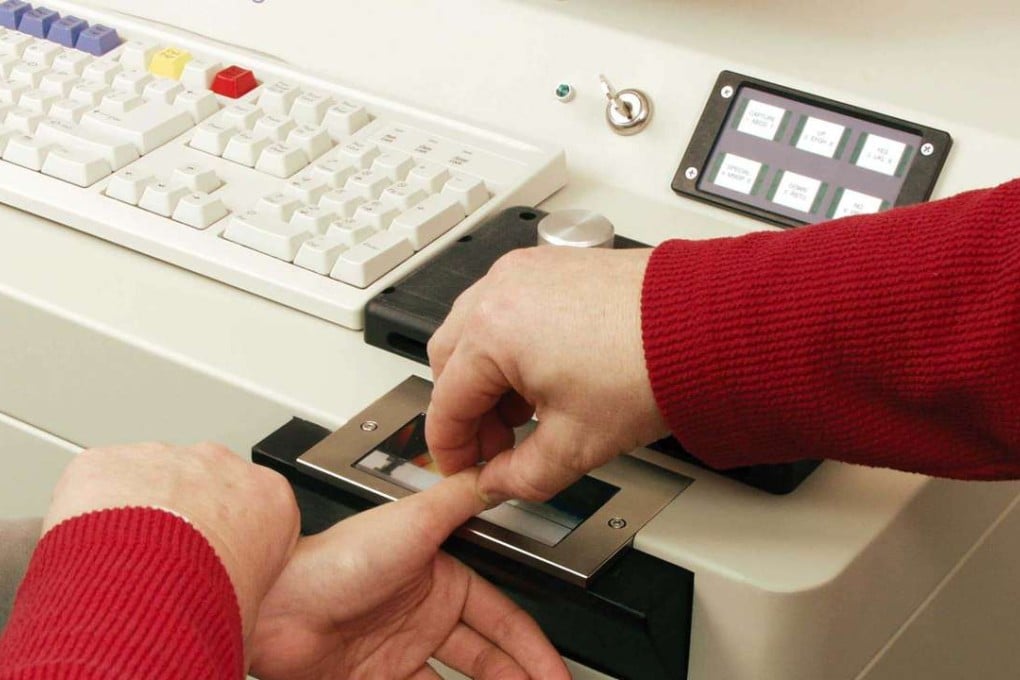China to store all foreigners’ fingerprints upon entry – with new rule starting in Shenzhen
Regulation, to be gradually rolled out at entry points nationwide, will affect all foreigners aged 14 to 70

All foreigners will soon have to give their fingerprints upon entering China, with the new rule taking effect at Shenzhen’s airport on Friday.
The move, aimed at improving border checks, would see China collecting the fingerprints of all foreigners aged between 14 and 70 entering the country, the Ministry of Public Security said in a statement on its website on Thursday.
The new regulation will start on Friday at Shenzhen Baoan International Airport, among other locations, before being gradually rolled out at all checkpoints across the country.
The information would then be stored for official use, the statement said. It did not elaborate on whether the information would shared across ministries and other government agencies.
Foreigners using diplomatic passports and visas will not have to provide their fingerprints.
Chinese citizens from Hong Kong, Macau and Taiwan were not considered foreigners, a Shenzhen border authority official said.